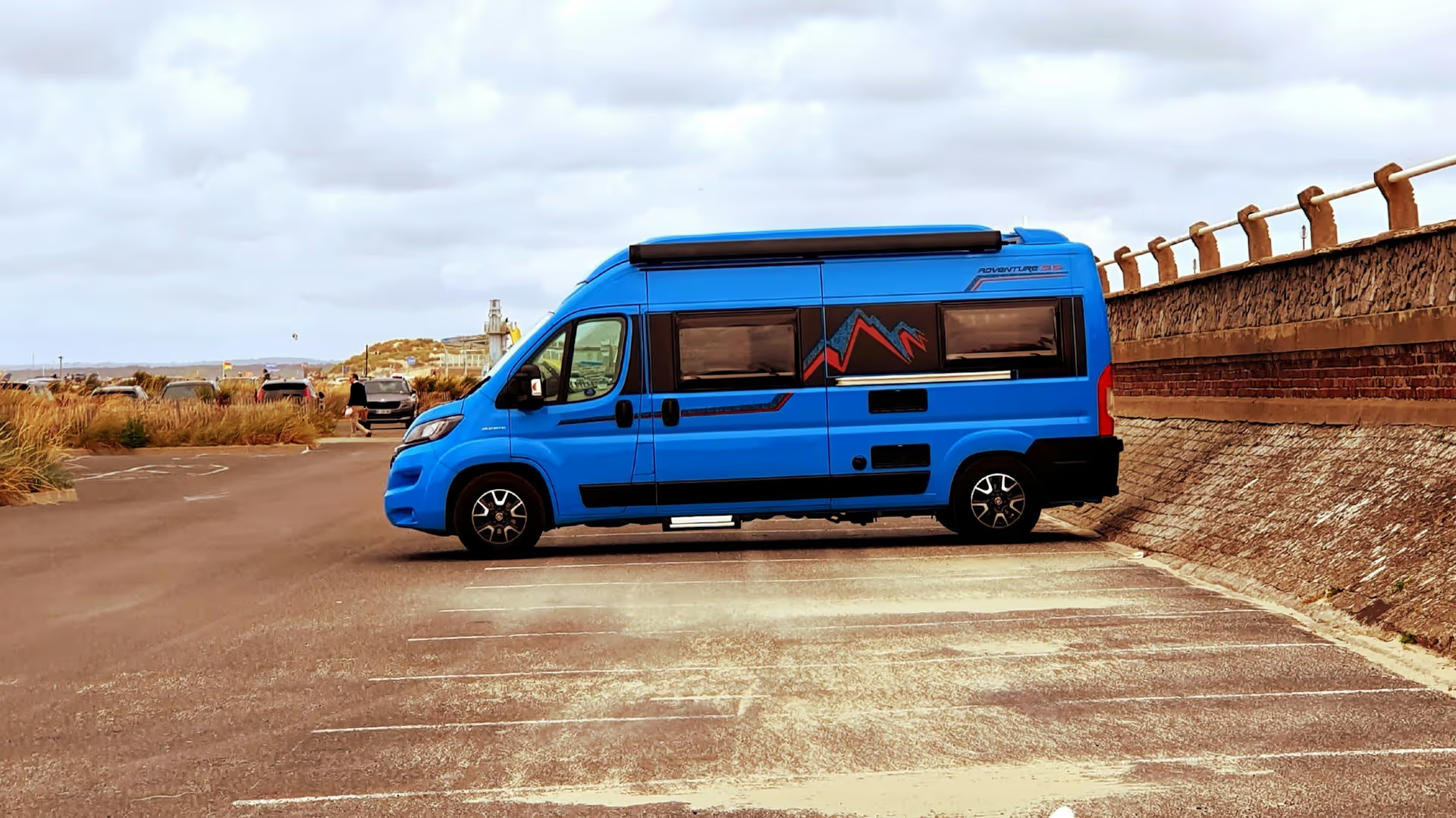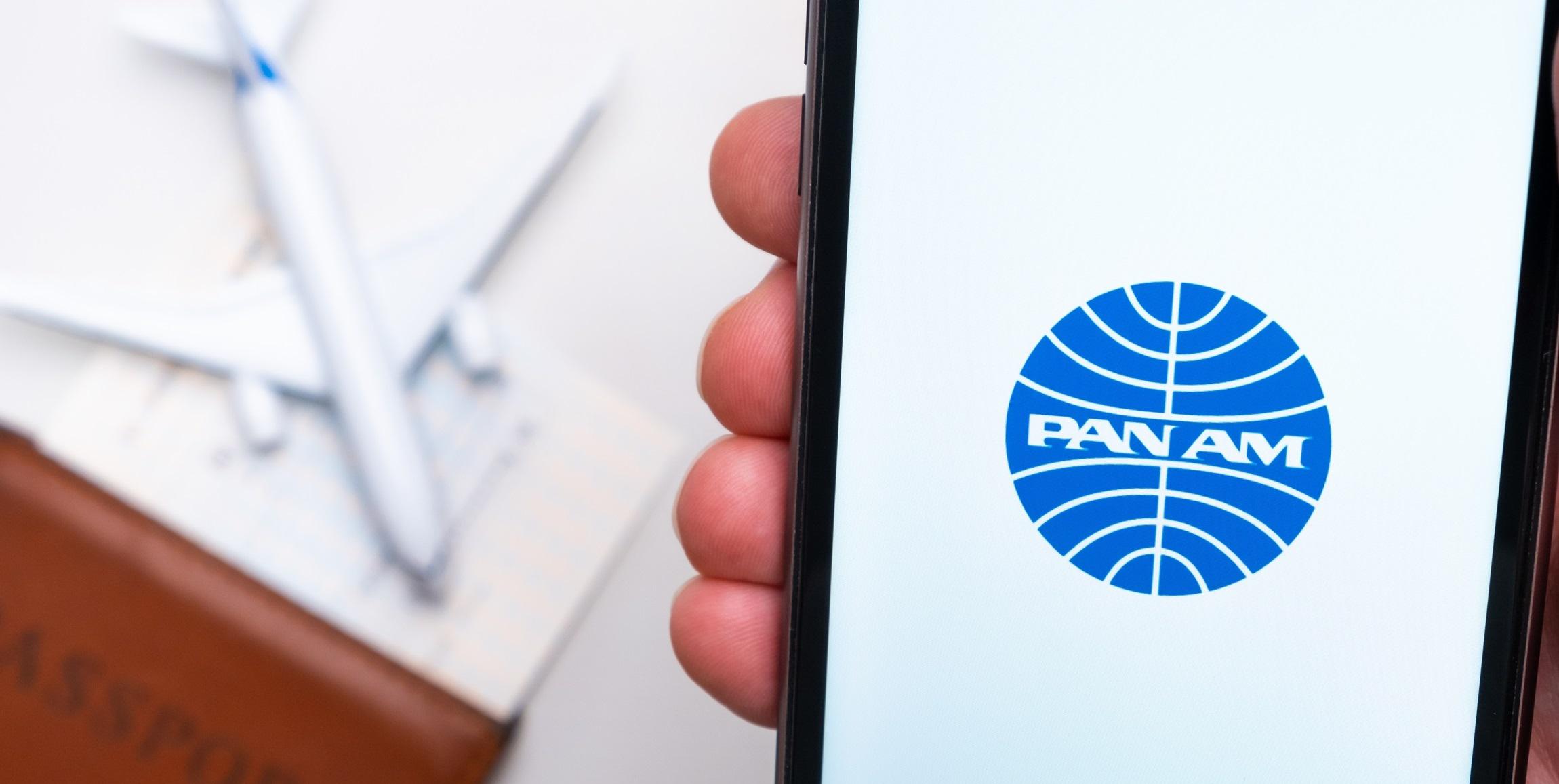Best practices for business travel procurement

Business travel isn’t just an expense—it’s an investment in your company’s long-term goals. And like any investment, travel requires careful management to maximize its return.
That’s where corporate travel procurement comes in. A strong procurement strategy helps businesses source key travel services like flights, accommodations, and car rentals to drive value and negotiate cost savings.
While booking the cheapest flights and hotel rooms may be the first thing that comes to mind when you think of procurement for travel, it’s much more than that. When done right, travel procurement is a comprehensive process that boosts efficiency, improves policy compliance, and supports better business outcomes while enhancing the travel experience for employees.
Whether you’re just getting started or looking to upgrade your current approach, here’s all the information you need to help your business travel procurement strategy take off.
What’s procurement in business travel?
Corporate travel procurement is the process of managing how a company purchases travel-related services like flights, hotels, and car rentals. This responsibility often falls to a dedicated procurement or travel manager, who oversees:
- Sourcing suppliers for flights, accommodations, and car rentals
- Negotiating contracts to secure preferred rates and service levels
- Confirming compliance with the organization’s travel policies
- Developing and maintaining strong working relationships with suppliers
With a comprehensive process in place, the travel management team can optimize the company’s travel services for efficiency, saving money while making sure business travelers stay comfortable and safe.
Types of business travel procurement
Most travel procurement falls into one of the following categories, each supporting a different business operation according to the type of goods or services you’re sourcing.
Services procurement
This type of travel procurement involves working with service providers, contractors, and vendors to support day-to-day operations. In the context of corporate travel, procuring services might mean contracting a car service to shuttle employees between the airport and hotel whenever they’re visiting a particular city or state.
Goods procurement
Goods procurement covers the purchase of tangible items like travel software or subscriptions to online booking platforms. While most travel-related needs are service-based (aka intangible), some companies might still use goods procurement for the tools that support their travel programs.
Indirect procurement
Indirect procurement refers to sourcing services that keep the business running but aren’t directly tied to production. For travel procurement, these services would include things like flights, hotel stays, and rental cars—all essential for getting employees where they need to go and ensuring they have a place to stay once they get there.
Direct procurement
This type of procurement involves sourcing the raw materials a company needs to produce its goods or services. While direct procurement usually doesn’t apply to corporate travel, it could come into play for companies in industries like manufacturing or media, where transporting raw materials or specialized equipment is part of the business trip itself.
The 7 stages of the business travel procurement process
Business travel procurement is a multi-phase process designed to help employees travel comfortably and safely while generating cost savings and operational efficiencies for the company. Here’s a step-by-step breakdown of the procurement management process.
1. Evaluation
The first step is identifying the company’s travel needs—why employees are traveling, how often, and what they hope to accomplish. It’s also important for the travel manager to review past travel data to spot patterns and uncover opportunities to save money or improve the experience.
2. Market research
Once the company’s travel needs are clear, your team will research and compare suppliers to find the best fit based on budget, service quality, and travel experience. Procurement managers look at:
- Price
- Reputation
- Reliability
- Accessibility
- Tech capabilities
- Global coverage
Potential suppliers include airlines, hotel chains, rental car agencies, travel procurement companies, and booking tools. The goal of this stage is to find partners who deliver value without compromising on safety or service.
3. Negotiation and purchase
The procurement management team can now start negotiating contracts with their preferred suppliers, using travel data to secure competitive rates, discounts, and value-added perks. These agreements often include dynamic pricing to accommodate market fluctuations, along with service-level agreements that outline expectations for quality and traveler satisfaction.
4. Process integration
Once contracts are signed, it’s time to integrate the new supplier into your internal systems. That means syncing workflows, enabling data sharing, and making sure everything runs smoothly behind the scenes so employees have an easy, seamless booking experience.
5. Compliance
Before finalizing the deal, the procurement management team reviews the contract to make sure everything aligns with the company’s travel policies. They’ll set up approved booking channels to help employees stay compliant and within budget while keeping traveler safety top of mind.
Travel management platforms like Engine are a big help here, integrating policies and tracking real-time policy compliance to keep the program running efficiently.
6. Payment
With compliance confirmed and contracts finalized, it’s time to take care of the financials. The procurement team will start processing invoices, documenting purchases, and making sure suppliers get paid accurately and on time. This step also involves coordinating with finance teams to ensure expenses are categorized correctly and aligned with budget forecasts.
7. Relationship building
The deal may be done, but the procurement team’s work isn’t quite over yet. They’ll regularly check in with suppliers to make sure things are going smoothly and revisit contracts to look for savings opportunities. This process includes reviewing performance, tracking service quality, and assessing costs—all while building and maintaining strong, collaborative relationships with suppliers.
Choosing the right tool for travel procurement
Business travel procurement involves a lot of moving parts, and the right tools can make all the difference in juggling it all. Whether it’s a travel management company or a software platform, the best solutions will support your strategy by centralizing bookings, automating booking processes, and helping travelers stay compliant with company policy.
Here are a few key things to look for when choosing a business travel procurement tool.
Integration
Make sure the tool works seamlessly with your existing systems. It should connect easily to infrastructure like HR platforms, risk management tools, and expense software. Loop in your IT team early to prevent compatibility issues later on.
Accessibility
A user-friendly interface is key—especially for travelers on the go. Look for mobile compatibility and apps that keep employees informed with real-time travel updates and security alerts.
Booking capabilities
With flight and hotel prices constantly shifting, dynamic pricing features help you find cost savings opportunities to make the most of your travel budget. The best tools offer a wide supplier network, allowing you to land competitive rates without compromising travelers’ comfort and safety.
Policy compliance
Your company’s travel policy should be baked into the procurement tool, guiding employees to make in-policy choices during booking. This helps prevent surprise expenses, speeds up approvals, and ensures consistency across departments, all without adding friction to the booking experience.
Expense management
Look for built-in reporting tools that track spending in real time. These insights help procurement management teams monitor travel budgets, spot spending patterns, and uncover opportunities to save.
Support
Good customer support is a must, especially when plans change. Look for a tool that offers traveler support for cancellations, rebookings, policy questions, and health and safety concerns that may impact the trip.
Security
Travel procurement tools handle sensitive personal data, so strong security protocols are non-negotiable. Look for features like data encryption and secure transmissions to keep traveler information safe.
Duty of care
Employers are responsible for their teams on the road. The travel procurement companies, platforms, and apps you choose should help fulfill that duty, offering travel alerts, safety updates, and emergency support to keep employees informed and protected.
Simplify corporate travel procurement with Engine
From contract negotiations to policy compliance and ROI tracking, corporate travel procurement is a heavy lift. But Engine makes it more manageable.
Our all-in-one travel platform simplifies business travel planning with competitive rates on flights, hotels, and car rentals, helping you cut procurement costs without compromising on convenience. Engine also integrates your travel policy and centralizes expense tracking to streamline approvals, expense reporting, and budget analysis, saving your team time while improving visibility into travel spend.
Let Engine for Business lighten the load. We handle the day-to-day travel planning so your procurement management team can focus on securing the best value for every trip.


.jpg)

.jpg)










.jpg)



.avif)

















.avif)
.avif)



